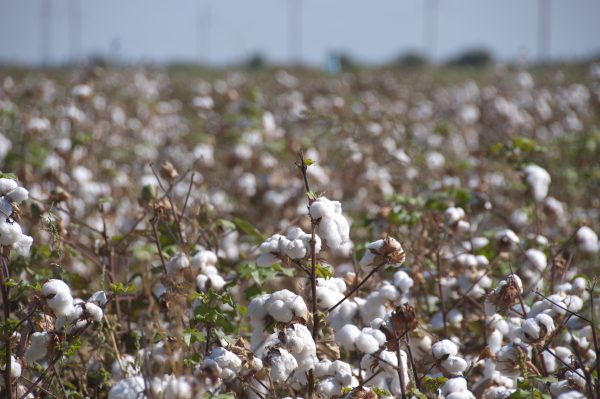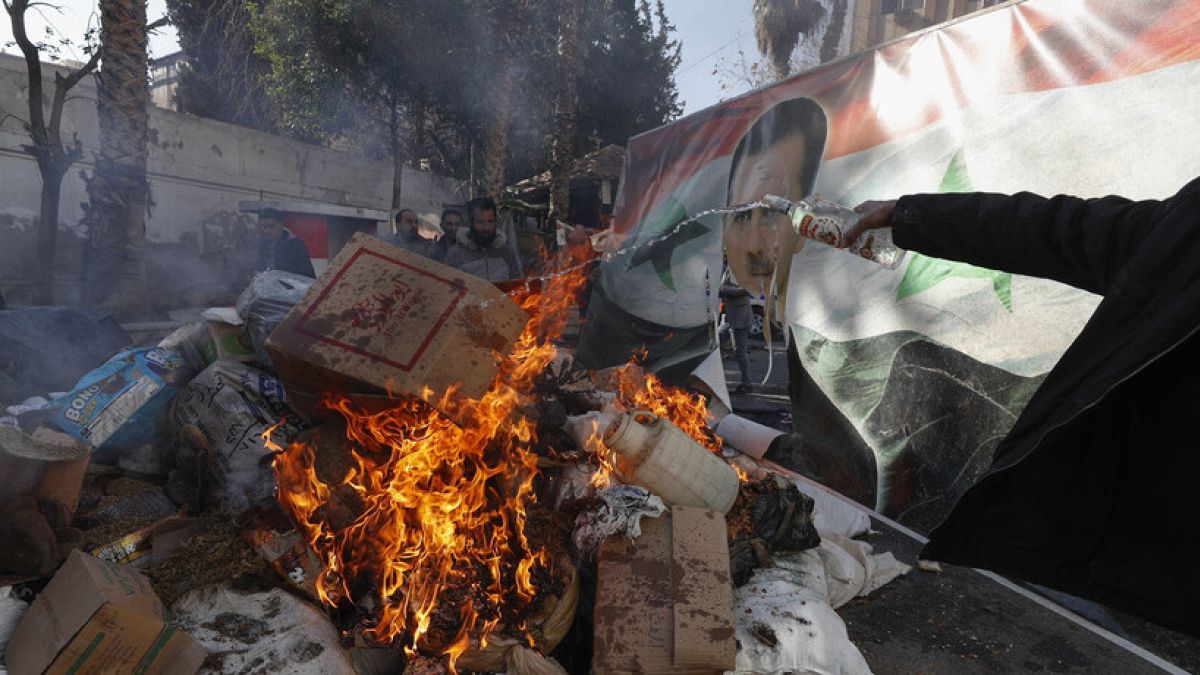OTTAWA — The federal government both loosened and tightened its COVID-19 border controls on Friday, lifting a controversial travel ban on 10 African countries and reimposing testing for short trips as Omicron emerges as the world’s most rapidly spreading coronavirus variant.
At a morning news conference, Health Minister Jean-Yves Duclos announced Ottawa’s reversal of the widely-panned travel ban, which was put in place after Omicron was first detected in South Africa.
“While we recognize that this initial emergency measure created controversy, we believe it was a necessary measure to slow the arrival of Omicron in Canada, at a time of uncertainty and unknowns,” Duclos told reporters.
“Given the current situation, this measure has served its purpose and is no longer necessary.”
The ban will officially end on Dec. 18 at 11:59 p.m., meaning foreign nationals who had recently visited Botswana, Egypt, Eswatini, Lesotho, Malawi, Mozambique, Namibia, South Africa and Zimbabwe will no longer be barred from entering Canada. For those who were still permitted to enter Canada after visiting those countries, the requirement to obtain a negative COVID-19 test in a third country prior to boarding is also being lifted.
The measure has been criticized by some public health experts as discriminatory and ineffective, given that the quickly spreading variant had also been discovered in other countries, including Canada.
As the world’s understanding of Omicron continues to evolve, Ottawa is also restoring a requirement to produce a negative pre-arrival molecular test for all travellers returning to Canada, regardless of the length of their trip.
The federal government dropped the requirement for PCR testing for short trips in November, just days before Omicron burst onto the scene.
The change means travellers leaving Canada for less than 72 hours — to make a quick visit to the U.S., for example — must once again show a negative test result in order to re-enter the country.
“As of Dec. 21, requirements for pre-arrival testing will therefore be in place again for trips of all durations. It is important to note that this pre-arrival test will need to be taken in a country other than Canada,” Duclos said.
The health minister was joined by Canada’s chief public health officer, who said Omicron was contributing to an “accelerated growth” in cases in parts of the country.
“Over the past seven days, an average of over 5,000 new cases were reported daily across Canada, which is 45 per cent higher than the previous seven-day period,” Dr. Theresa Tam noted.
“While we are still studying the severity profile of this variant, if Omicron replaces Delta, it is expected the sheer number of cases could inundate the health system in a very short period of time,” she said.
Friday’s shift follows the federal government’s warning on Wednesday against all non-essential international travel.
In a statement to the Star, Global Affairs Canada urged Canadians to follow current travel advice, stating that the government is not planning for any repatriation flights.
Duclos acknowledged that the recent return of several rules and advisories has dealt a blow to the struggling airline and tourism sector.
But Transport Minister Omar Alghabra appealed to air carriers on Friday “to be as flexible as possible with refunds” for passengers who choose to cancel their travel plans, adding that Ottawa would be working with airlines experiencing challenges.
The federal government is also inching closer to its airport screening goal of testing 23,000 travellers — excluding those arriving from the U.S. — each day. As of Friday, capacity reached 21,000 tests.
Despite the emphasis on testing incoming travellers who have already undergone pre-arrival screening, Duclos said provinces and territories will need to contend with an increased demand for PCR testing in the general population.
“They have a large capacity to test people, and they will need to use a significant portion of that capacity over the next days and weeks,” the minister said.
And while Canadians might be hoping that this latest round of rollbacks and reintroductions is the government’s last set of changes before the holidays, Duclos could offer no such assurances.
“Things will keep being adjusted. I believe Canadians have seen how quickly the evolution can change around Omicron,” he said. “And I think Canadians have understood that Canadians and governments have the responsibility to adapt to those changes when they do occur.”
JOIN THE CONVERSATION





















Discussion about this post